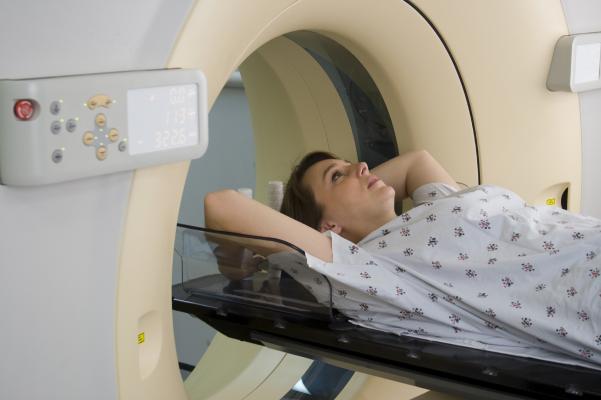
September 9, 2013 — A Memorial Sloan-Kettering Cancer Center study shows that the use of magnetic resonance imaging (MRI) before or immediately after surgery in women with ductal carcinoma in situ (DCIS) was not associated with reduced local recurrence or contralateral breast cancer rates.
While no clinical practice guidelines exist for the use of MRI around the time of surgery, some surgeons use the screening tool to obtain a clearer picture of the cancer before surgery is performed or immediately after surgery to check for any residual disease. Previous studies have shown that using MRI in this capacity for women with invasive breast cancer does not have a clinically significant impact on local recurrence or contralateral breast cancer rates; however, the impact on women with DCIS is not well studied.
Researchers identified 2,321 women who had had breast-conserving surgery for DCIS between 1997 and 2010 at Memorial Sloan-Kettering. Of these patients, 596 had received an MRI either before or immediately after surgery and 1,725 had not. The rates of local recurrence and contralateral breast cancer were compared at the five-year and eight-year mark in each group.
After five years, local recurrence rates were not significantly different between the two groups (8.5 percent with MRI versus 7.2 percent without MRI). Similarly, eight-year recurrence rates were not significantly different (14.6 percent versus 10.2 percent). Even after controlling for nine other patient variables such as age and menopausal status, no difference in risk of local recurrence was seen. Results also showed that there was no statistically significant difference in contralateral breast cancer rates (3.5 percent versus 3.5 percent at five years and 3.5 percent versus 5.1 percent at eight years).
Not all women with DCIS receive radiation therapy, which is often used to reduce recurrence rates after breast-conserving surgery. Yet, even in the subgroup of patients who did not receive radiation therapy, MRI was not associated with improved long-term outcomes for these women.
For more information: www.mskcc.org


 July 25, 2024
July 25, 2024 








